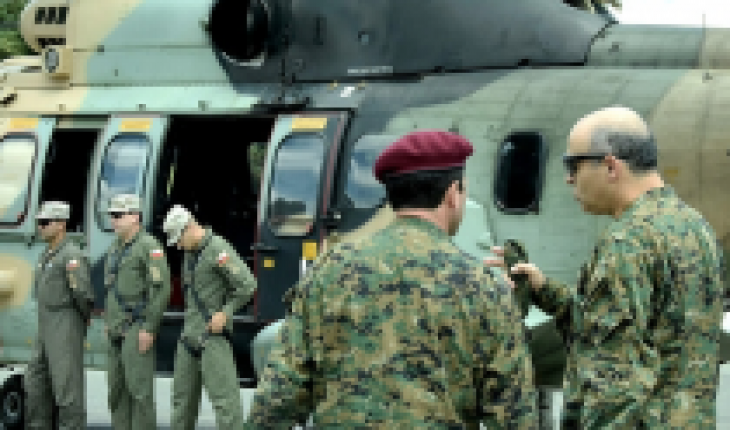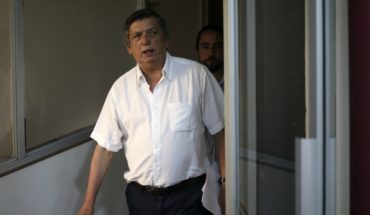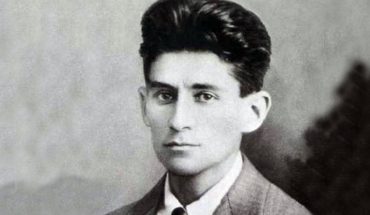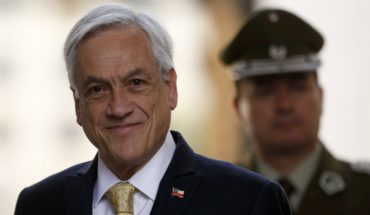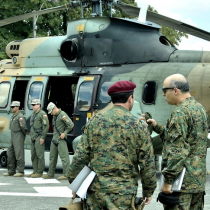
Traditionally there is a tendency to believe that the use of military force is an effective and quick tool to employ to deal with multiple phenomena, without necessarily considering the nature and character, of the problem we face.
As a hypothesis, we could consider that, if the problem we face has the nature and military character, the use of force will be the most appropriate, acting in conjunction with other means, that the State possesses and called instruments of power. Political, diplomatic, economic, technological and communication tools will then be used to support the emphasis on military use of force.
However, if the phenomenon or problem to be solved is not of a military nature and character, force can be used, but not with the emphasis on the other most appropriate power instruments in the effective resolution of the problem. In other words, military force brings with its specific capabilities to “generating the conditions of success” in a maneuver that is essentially political.
The above preamble is necessary to consider whenever military participation (Armed Forces) is being implemented today in the Araucanía in conjunction with means of the Order and Security Forces (Carabineros and Investigations), among other actors.
A first question to be answered would be What is the nature of the problem we face?, is essentially of a military nature or is an issue in essence political and with a series of edges: ethnic, criminal for timber theft, violence of various groups that are considered outside the law, etc. It’s subversion, terrorism, urban guerrilla warfare, or all at once. If the clearest edge is the violence of organized groups, outside the law. The solution, to the above, should be the use of power instruments with an emphasis on the Law enforcement, together with the rule of law and with adequate intelligence to be able to detain and bring to trial those responsible for such violence and responsible for affecting the rule of law, harming innocent citizens. In addition, a good level of intelligence is the most appropriate tool for determining not only the financing of violent groups outside the law, but also to specify the nature of the conflict. This does require the political will to want to solve and not manage that problem
If, despite identifying and defining the problem as a phenomenon that is essentially not military and wants to use force, we should at least keep in mind, among many others, the following forecasts:
How will we address coherence between the geographical area of military responsibility, with the administrative and judicial area present throughout the territory in which police and military actions were carried out? Even more so when before a potential “Constitutional, Site State of Emergency”, for the first time it will operate in a context of a new judicial system, with several local administrative jurisdictions.
Who will exercise full coordination of the means used? The media of the FFAA and those of the Law and Public Security Forces, plus all actors and government organizations in the area. There will be a headquarters with command, coordination and control for the total operation, with a clear and precise situational landscape, that makes it possible for the forces to be all integrated into a common landscape.
What will be the command relationship between the forces? Who will exercise command in the entire chain of command of the deployed forces. By way of example, in a mixed patrol who will be the commander to obey. Doctrine, police or military doctrine will prevail. And if it prevails one or the other, is all the force in a position to use it? Have you been trained to do so?, Are the means and procedures integrated, trained and coordinated, as well as the famous rules of the use of force?, Is the logistical solution for the support of the whole force defined?
We must not forget that the operation will take place in a territory in which the center of gravity of the operations will be more communicative and that demands to win the mind and heart of the population that inhabits it. Local legitimacy and support are essential to the success of the operation, in which force if used should be used surgically. Even more so when military deployment is in its own territory and with connationals, this is vital.
Who and how will they be provided with information or intelligence in the area of employment? What orgacoordinate the various platforms, sources and media available?
Who will exercise or assume responsibility for the operation, for any collateral damages that this entails? Since you can’t think that the use of military force will be safe.
We could detail many other questions, but the purpose of the above is only to reflect that the art of the use of force is to use with the appropriate emphasis the combination of the various elements or instruments of power of the State according to the phenomenon to be solved. It is very simple and tempting to use military force, but even very powerful armies have not been able to overcome phenomena such as terrorism, or subversion or guerrilla warfare, since it is essentially a more political than military problem, more of mental struggle than of traditional force, less kinetic and more communicative. The lesson was learned harshly in Iraq when the conflict mutated, from a military nature to a civil war, with terrorism as the main technique or weapon against military forces.
We dare to propose that the emphasis on the problem of violence in La Araucanía must be resolved, mainly with the strong political will to exercise law and order, without harming the rule of law for all. This requires the full weight of the law on the part of the judiciary and the resolute support of the political to law enforcement and public security. Adequate effective intelligence for clear situational landscapes, as well as evidence of the nature of the problem. What Admiral Vergara called the consensus between politicians, prosecutors and judges, along with an effective human rights policy, but for all.
Adding that as important as having good specialists in diplomacy, technology and economics and other disciplines, the 21st century, and the particular challenges of our homeland, will demand us to have specialists in security and defense to face the threats we are already suffering and their proper professional and university training, which remains a longing on the horizon. If there were today, a critical mass of them, we would be better able to find more effective solutions.
Another aspect not least is to point out that, if we were already having a permanent Security Council, monitoring, forecasting and resolving the serious security problems we face today, as a country, would have reasonable chances of further success, benefiting not only the political decision-making process, but the security, development and well-being of all Chileans.
The content poured into this opinion column is the sole responsibility of its author, and does not necessarily reflect the editorial line or position of El Mostrador.

